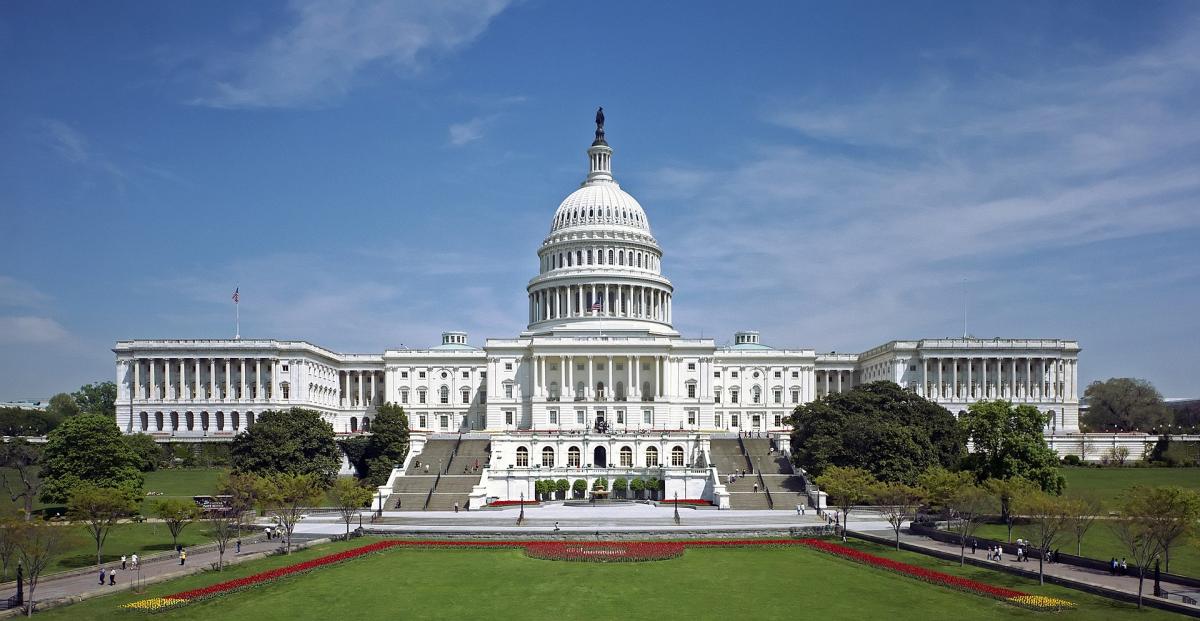[ad_1]
The demand for mental health services by college students and faculty members has increased immensely since the start of the pandemic. Two bipartisan bills recently passed in the House of Representatives seek to address this growing crisis by helping colleges create evidence-based policies and procedures to address mental health and addiction on campuses.
Both bills were passed in the House with bipartisan support and have been introduced in the Senate, where similar support is expected.
Mental health research shows that since 2013 there has been a 135 percent increase in depression and a 110 percent increase in anxiety among college students. Additionally, a Harris poll of 1,000 college students showed that students are 12 percentage points more likely to be diagnosed with a mental illness than the typical U.S. adult.
Campus leaders are concerned as well. A 2020 survey indicated that 70 percent of college presidents said mental health was their top concern, and 66 percent of college presidents noted an increase in use of mental health services on campus. Additionally, in April a group of nearly 100 organizations representing higher education sent a letter to Congress demanding investments in mental health on college campuses.
Colleges have been able to use a portion of the $76.2 billion allocated to colleges across the nation through Higher Education Emergency Relief Funds in the American Rescue Plan to address mental health, but many campuses lack the resources and guidance needed to execute effective mental health and suicide-prevention programs.
The Enhancing Mental Health and Suicide Prevention Through Campus Planning Act would require the Education Department to partner with the Department of Health and Human Services to encourage colleges to create comprehensive plans to address mental health and suicide on campus.
Manuela McDonough, the director of government affairs and advocacy for the Jed Foundation, an organization that works with colleges to create mental health and suicide-prevention plans, said research has shown that, “when a college and university has a plan in place, they are more likely to improve the mental health of students, precent suicide and identify risks students are facing.”
Similarly, the Campus Prevention and Recovery Services for Students Act of 2022 would encourage collaboration between the Education Department and HHS to create programs that successfully address alcohol and substance abuse and supportive services.
David Arnold, the assistant vice president for health, safety and well-being initiatives at the National Association of Student Personnel Administrators, said that although many colleges want to implement better programs to address mental health or addiction, they often do not know where to begin. These two bills would allow the Departments of Education and Health and Human Services to provide a blueprint of information on effective ways for colleges to devote their resources to mental health and addiction services.
“It just really is a unique opportunity to break down those silos and promote that intra-agency collaboration to address this really real issue,” said Randy Moore, the policy manager at Active Minds, an organization that advocates for student mental health.
The increased direction and collaboration from the federal government would immensely help colleges with smaller capacities to develop mental health policies, said sources. This includes smaller colleges that are typically already working with limited staff and resources to address mental health.
The bill on substance abuse would make key changes to language in the portion of the Higher Education Act of 1965 related to required drug and alcohol abuse prevention efforts. Colleges would be required to use programs backed by scientific evidence to prevent abuse of alcohol or other substances.
The Enhancing Mental Health act does not include funding for additional mental health services on college campuses, but Congress could still act to provide more funding to existing programs like the Garrett Lee Smith Memorial Act, which provides federal grants to states for youth mental health and suicide-prevention efforts, including on college campuses. The program, which currently provides $7 million annually for these efforts, is set to expire at the end of this fiscal year. Many mental health advocates are pushing Congress to pass the Garrett Lee Smith Memorial Reauthorization Act, a Republican-led bill introduced in the House in March that would both reauthorize and provide an additional $13 million in annual funding for the program.
The Campus Prevention act authorizes $15 million annually to help to fund both addiction-prevention and recovery programs and to create a grant program to help institutions create and implement new standards.
[ad_2]
Source link



